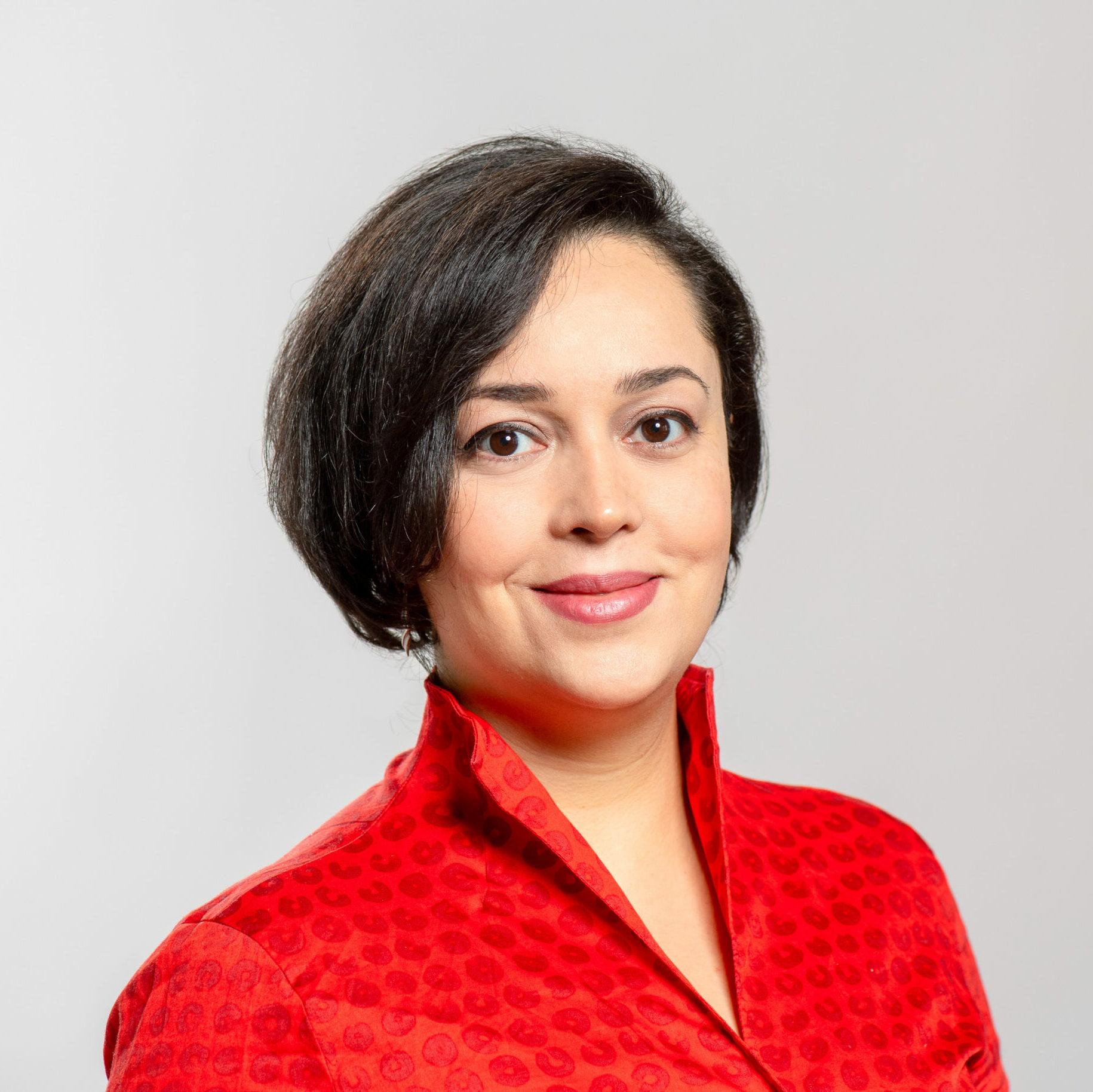Dr Tristan Duncan receives The DAAD-VIC Research Scholarship
Turning Point is excited to announce Dr Tristan Duncan has been selected alongside Dr Aysel Sultan from the Technical University of Munich to participate in the Victoria-Germany Bilateral Academic Exchange Program.
This program is delivered by Veski and Deutscher Akademischer Austauschdienst German Academic Exchange Program (DAAD) who will fund an academic exchange and collaborative research project on gender-responsive drug service delivery and policy making.
Working with Dr Aysel Sultan
As part of the DAAD-Vic Research Scholarship, Turning Point will host Dr Aysel Sultan from the Technical University of Munich. Dr Sultan has a background in the sociology of health and illness and educational sciences with a particular interest in the application of Science and Technology Studies (STS) in public health and healthcare policies.
Dr Sultan has recently published a book titled ‘Recovering Assemblages’ which explores how the Anglo-American concept of ‘recovery’ from drug use can be traced in non-Western, informal, and non-institutional contexts, but are often marginalised.

“Aysel and I are both interested in how different national contexts shape the emergence and contours of drug policies and service systems, so it’s wonderful to be able to collaborate more closely on this research agenda and extend it a little further”
Dr Sultan will visit Turning Point in August where she and Dr Duncan will commence their project before heading to Germany together in September.
Gender-responsive drug services
While in Germany, Dr Duncan and Dr Sultan will visit drug consumption rooms in Hamburg and Berlin, including one of the few women-only drug consumption rooms available globally. In-depth interviews with approximately 10 drug consumption room stakeholders will also be conducted.
“We want to better understand how gendered disparities in health and health care access are, and can be, addressed in drug service settings. Germany’s drug consumption rooms are unique in this respect and provide a valuable opportunity to explore gender-responsive service design in action,” Dr Duncan said.
“We hope that research on these sites can inform the development of more equitable and accessible drug supports in Australia, including those that directly address the effects and underpinnings of men’s violence”
The project also aims to strengthen collaboration in social studies of drug use and policy between Australia and Germany, and build on emerging research in gender-responsive drug service delivery and policy making.
“Gendered differences in the harms associated with drug use tend to be overlooked or naturalised in drug policies and interventions. By exploring the factors that influence the uptake of gender-responsive drug service models, we hope our project can help remedy this.”
